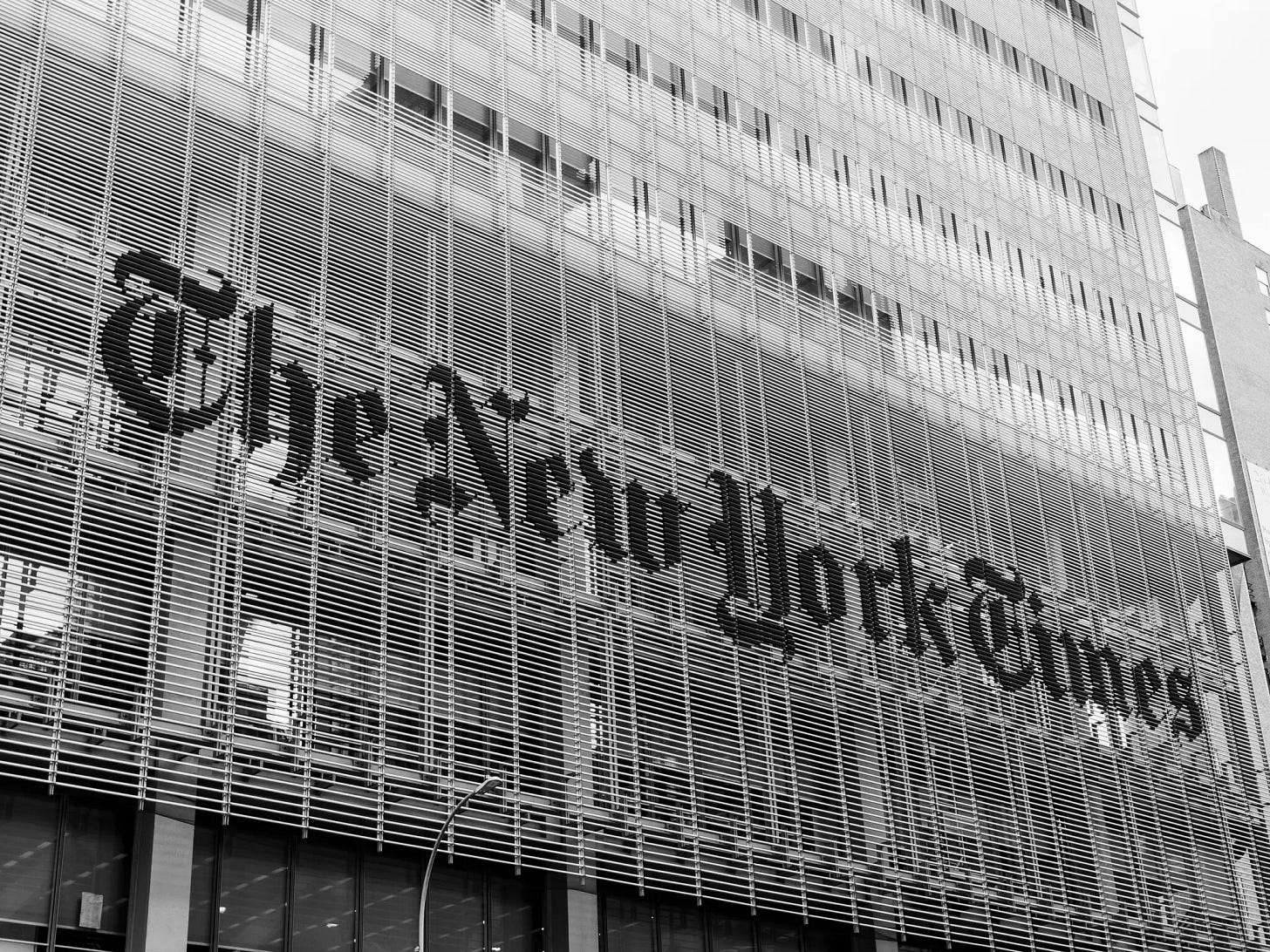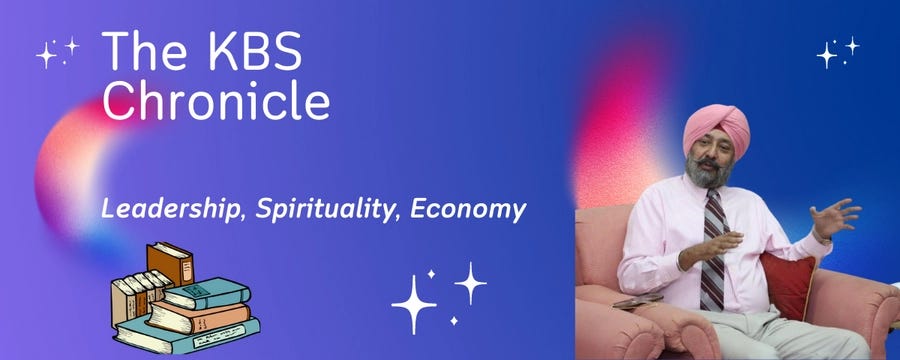Breaking News: The New York Times Sues OpenAI and Microsoft in Landmark Copyright Case
The eventual showdown on the copyright issues was waiting to happen.

The New York Times Files Suit in Manhattan Federal Court
In an unprecedented move, The New York Times on Wednesday (December 27) filed a lawsuit against tech giants OpenAI and Microsoft, alleging the unauthorized use of millions of its articles to train their artificial intelligence technologies, including the widely-used ChatGPT. The lawsuit, lodged in Federal District Court in Manhattan, represents the first major legal challenge by an American media organization against AI firms over copyright infringement.
The Allegations: Unlawful Use of Copyrighted Content
The NYT accuses both companies of exploiting its journalistic work to train their AI models without permission or compensation, effectively "free-riding" on the newspaper's investment. The suit does not specify a monetary amount but asserts claims for "billions of dollars in statutory and actual damages." It also demands the destruction of any AI models and training data that incorporate The Times's copyrighted material. This action signifies a broader conflict as industries grapple with the implications of AI's rapid advancement on intellectual property rights.
Implications for AI and the News Industry
The case could set a significant precedent for the emerging legal landscape surrounding generative AI technologies. These systems, recognized for their ability to produce human-like text and images, have been trained on vast datasets, including journalistic content, without clear legal guidelines. The lawsuit comes at a crucial time for the news industry, which has been navigating the transition to digital media while seeking sustainable business models amidst declining revenues.
The Industry's Pushback and Legal Landscape
This legal battle is not isolated. It joins a chorus of concerns voiced by various creators, including writers, musicians, and other media outlets, over the unremunerated use of their work by AI technologies. Notably, high-profile authors and artists have launched similar lawsuits, signaling a growing resistance against tech companies' practices. Legal experts anticipate this issue will eventually reach the Supreme Court, given its significance and complexity.
Technology Firms' Stance and Future Battles
Both OpenAI and Microsoft have yet to respond formally in court. However, the broader tech industry has defended the practice of training AI on publicly available content as "fair use," a stance increasingly under scrutiny. Meanwhile, some tech firms have begun acknowledging potential copyright issues and seeking agreements with content creators, hinting at a possible shift towards more collaborative solutions.
Looking Ahead
The New York Times's lawsuit against OpenAI and Microsoft marks a critical juncture in the intersection of AI technology, copyright law, and media. As the case unfolds, it will likely influence the future of content creation, AI development, and the protection of intellectual property in the digital age. Both the technology and creative sectors await the outcome, which promises to redefine the rules of engagement between AI and the creators of the content it learns from.





Technology advances are always a welcome step forward in our lives, but it’s also fraught with challenges and risks to the true evolution of human society on this planet. Of course, copyright infringement, legal entanglement are naturally a major fallout.